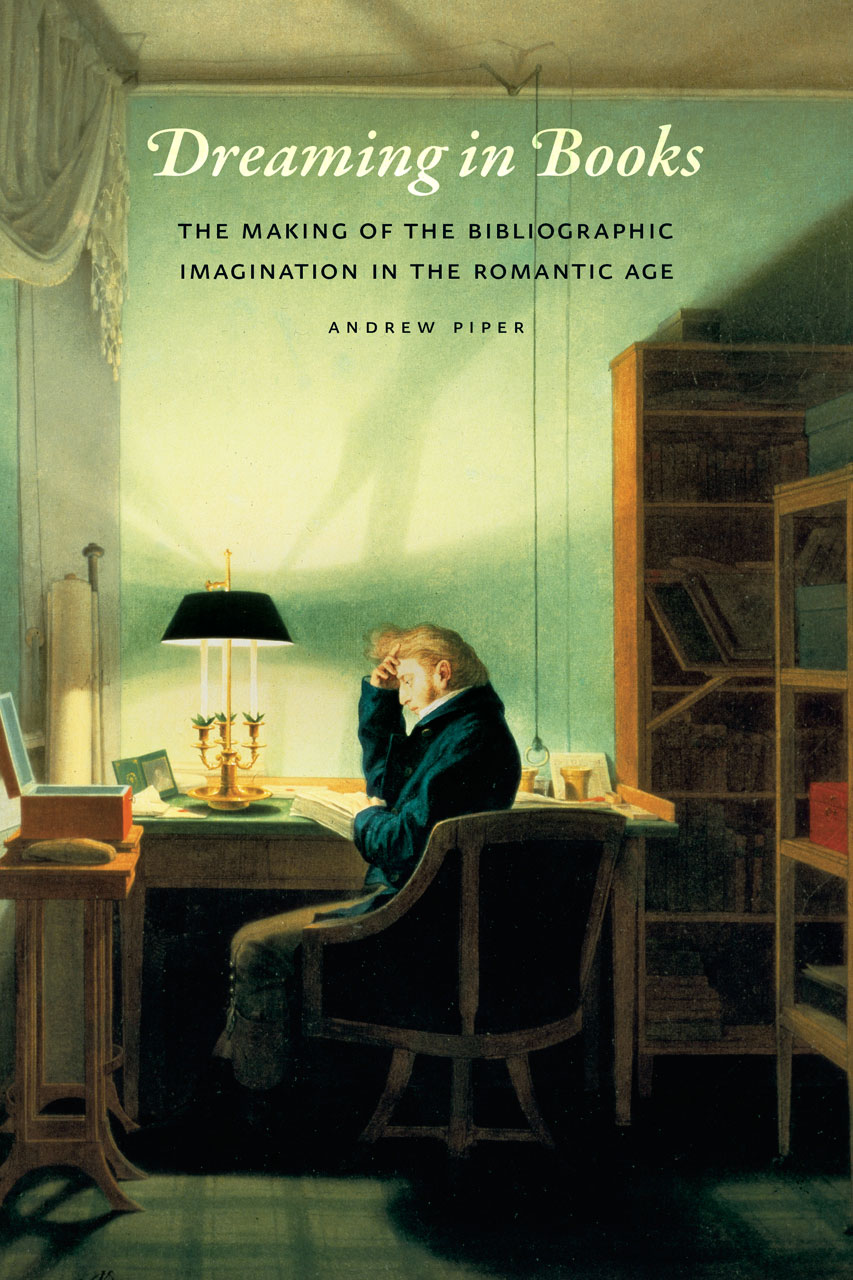I'd been recommended this book by one of my MA Publishing students, Ana De La Borbolla Escalante: her energetic praise for it convinced me to give it a try, and I am so glad I did. It's not a book I'd otherwise have picked up, but one that will stay with me for a long, long time. Its bleakness, and yet its packed-with-colour, life-and-death precarity, written so skilfully, makes this a modern classic. I can understand why it has been shortlisted for this year's International Booker Prize, and been reviewed so positively by The Guardian, NPR (I think the reviewer here has it spot on when he calls Melchor's prose "a linguistic blitzgrieg"), The TLS (which calls the effect the book has "a kind of sensory bludgeoning"), and The New York Times, where the reviewer praises both writer and translator, saying, "Melchor has an exceptional gift for ventriloquism, as does her translator, Sophie Hughes, who skillfully meets the challenge posed by a novel so rich in idiosyncratic voices."
Fernanda Melchor is a 38 year old Mexican writer; Sophie Hughes a British translator (who coincidentally did an MA in Comparative Literature at UCL, I discovered!). In an interview they did for Granta, Melchor talks about writing, and her aims:
"Without a reader, a book is nothing, just paper and printed smudges. For me, the real book only exists inside the reader’s mind, and I take that very seriously. One of the things I really like of Stephen King’s books is that he’s always addressing his readers, saying things like: ‘Take my hand, Constant Reader, and let me guide you into this darkness’, and that’s precisely what I love about novels and books and literature in general: that they’re journeys, dreamscapes made possible only by the imagination of those who wrote them and those who read them. And it’s easy to forget the power of words in an era ruled by profuse, beautiful and entrancing images, a time where it seems impossible to focus on reading for more that ten, twenty minutes without feeling the urge to tweet about it. Never before have we been so distracted, and never before have those distractions been so enjoyable. Why bother to read a novel when you can buy a videogame console and be the hero of your own adventure? That’s why I wanted to make an experience of Hurricane Season. It seemed to me the only way possible to communicate that particular story, even if that meant grabbing the reader by the throat and roughing her up a little. But then that’s exactly the kind of books I like, the ones that are like natural disasters, the ones Kafka said were like axes for the frozen sea within us."

Hughes, in another interview, said that the process of translating this book was "emotionally draining and creatively exhilarating". Her own description of Melchor's achievement explains the challenges she had with the translation: "There’s a kind of warped beauty to both Fernanda’s language and her eye for detail. I relished having a ringside view of the latter and really enjoyed trying to match the musicality of the gross vernacular and the clash of registers in the original by making strange brews of English words that might have the same effect that the Spanish had on me, which was to jolt me out of complacency."
Thank you, Ana, for bringing this book, and these two incredibly talented women writers, to my attention: I'll be watching what both do next, and rooting for Hurricane Season to win the Booker!
(And, as a PS, kudos to Fitzcarraldo Editions for a beautiful reading experience: these deep blue books with French flaps, custom serif typeface and quality paper pages definitely set up the text to its best advantage.)

















